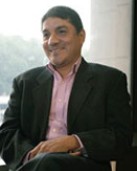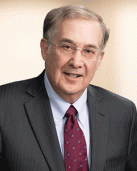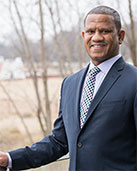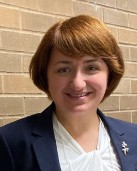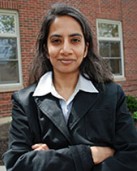
Monica Prasad
Professor of sociology and Weinberg College of Arts and Sciences Board of Visitors Professor
Prasad's research interests include economic sociology, comparative historical sociology, and political sociology.
"Trump's argument is that he doesn't pay taxes because he's clever, and that appeals to many in his base, but they're already voting for him. Biden's argument is that the rich, like Trump, get away with paying nothing, while everyone else ends up paying more. Anyone who could be convinced by an argument like that is already voting for Biden.
"It's hard to see anyone being moved by it at this point. The only thing that might nudge the polls in one or another direction is the question of how the new Supreme Court nominee might rule on health care and protecting pre-existing conditions."
Prasad's new book, Starving the Beast, asks why Republican politicians have focused so relentlessly on cutting taxes over the last several decades.
